TABLE OF CONTENTS
If you're interested in growing weed in Texas, here’s what you need to know. Unfortunately, Texas has one of the most restrictive medical cannabis programs in the nation. Under the Texas Compassionate Use Act, medical cannabis is limited to 0.5% by weight of THC.
In addition, only a few medical conditions qualify for medicinal cannabis use. Pair that with less than a handful of medical cannabis suppliers in the state and no ability to grow weed at home. In short, Texas’ limited market significantly restricts access to cannabis to millions of patients.
Here's what you need to know about growing weed in Texas and its penalties.
Cannabis Laws in Texas
Texas is one of a handful of states that have held out on passing significant cannabis reform. Currently, medical and recreational marijuana is not legal, therefore, growing marijuana in Texas is not legal for any reason, either.
However, the Texas Compassionate Use Act, passed in 2015, allows the use of low-THC cannabis oil (featuring less than 0.5% THC) for intractable epilepsy and was expanded in 2019 to include a small number of medical conditions.
These include:
- Seizure disorders
- Multiple sclerosis
- Spasticity
- Amyotrophic lateral sclerosis (ALS)
- Autism
- Terminal cancer
- Incurable neurodegenerative disease
What are the Penalties for Growing Weed in Texas?
In Texas, there are no specific laws or penalties for growing cannabis. However, if you are caught growing cannabis, you would be charged with possession. The penalty would depend on how much cannabis you possess.
| Amount | Penalty | Max. Jail Time | Max. Fine |
| 2 oz or less | Misdemeanor | 180 days | $2,000 |
| 2 – 4 oz | Misdemeanor | 1 year | $4,000 |
| 4 oz – 5 lbs | Felony | 180 days – 2 years | $10,000 |
| 5 – 50 lbs | Felony | 2 years – 10 years | $10,000 |
| 50 – 2,000 lbs | Felony | 2 years – 20 years | $10,000 |
| More than 2,000 lbs | Felony | 5 years – 99 years | $50,000 |
Decriminalization
While the state, as a whole, is not very cannabis-friendly, several major municipalities have passed cannabis decriminalization reforms that lower the penalties for possession or limit enforcement. Regardless of the lowered penalties, we do not recommend breaking state law.
- Hays County: In May 2009, the county sheriff’s office announced a cite-and-release program for marijuana possession (2 ounces or less) and other minor crimes.
- Austin: In February 2009, the city's police department announced a cite-and-release policy for individuals caught with small amounts of cannabis possession. In January 2020, the City Council voted to remove penalties for possession of up to 4 ounces of cannabis.
- Harris County: In October 2014, the District Attorney announced the First Chance Intervention Program, which allows individuals possessing less than 2 ounces of cannabis to avoid arrest or conviction in favor of a citation and attending drug education classes or performing community service. In February 2017, the District Attorney announced the Misdemeanor Marijuana Diversion Program, which allows individuals possessing less than 4 ounces of cannabis to avoid criminal charges and a citation if they attend a 4-hour drug education class.
- Dallas: In April 2017, the City Council voted to enact a cite-and-release policy for individuals possessing less than 4 ounces of cannabis.
- Bexar County: In September 2017, the District Attorney announced a cite-and-release policy for those caught with less than 4 ounces of cannabis in favor of attending a class, doing community service, and paying a fine.
- El Paso County: In October 2017, the county commissioners voted to allow individuals who possessed less than 4 ounces of cannabis to pay a $100 fine and do 8 hours of community service instead of facing criminal charges under the First Chance Program. In May 2020, the El Paso City Council adopted a cite-and-release policy for people who possess less than 4 ounces of cannabis.
- Travis County: In December 2017, the county commissioners approved a plan to allow people who possess less than 2 ounces of cannabis to take a 4-hour drug course ($45) instead of facing criminal charges.
- Nueces County: In April 2019, law enforcement agencies passed a cite-and-release policy for possession of small amounts of marijuana (4 ounces).
- Cedar Park: In June 2019, the police department implemented a cite-and-release program for people caught with under 2 ounces of cannabis. Offenders would have to go through a processing center instead of going to jail.
- Dallas County: In April 2019, the county District Attorney announced that first-time misdemeanor offenders would not be prosecuted. Subsequent offenders would be given the chance to complete a diversionary course instead of being prosecuted.
- Plano: In April 2021, the city's police department announced they would not arrest people who possessed under 2 ounces of cannabis but may issue tickets for possession of drug paraphernalia, a class C misdemeanor.
Learn to Grow Weed Legally at CTU
If you want to learn the latest cannabis laws in your state, enroll in Cannabis Training University.
Our complete curriculum not only covers the most up-to-date laws in the U.S. and Canada, but every major area of the industry including cannabis cultivation, cannabis extraction, cannabis cooking, cannabis careers, cannabis business, and so much more!
“
There are over 300,000 jobs in the cannabis industry. CTU trained me for one of them!

Makes $24.50 @ THC +
Enroll today to start growing legally today!

Luis Cordova
Luis Cordova is a distinguished author, and renowned expert in cannabis cultivation, who possesses a Master's degree in Plant Biotechnology and Pharmaceutical Science. As a valued contributor to highly esteemed publications such as Cannabis Training University and Maximum Yield Magazine, Luis has emerged as a trusted source of guidance and knowledge in the cannabis industry. Having written thousands of informative articles, Luis is widely recognized for his comprehensive expertise on cultivating cannabis, both indoors and outdoors.


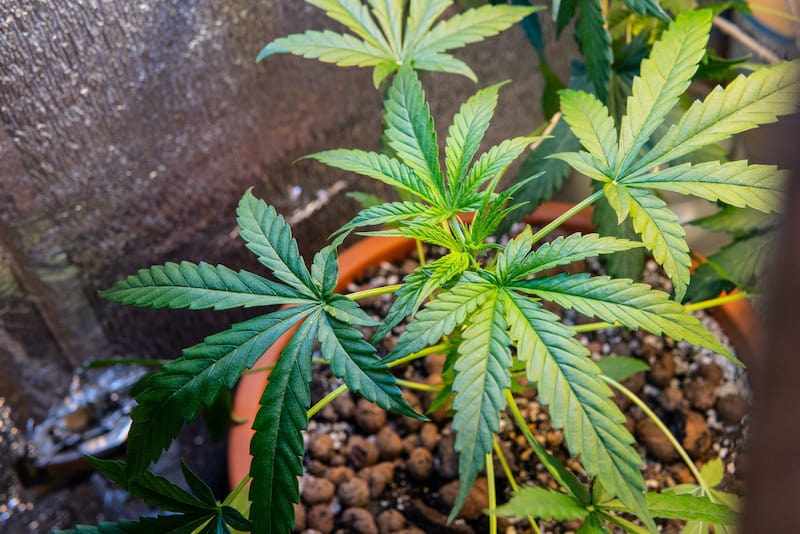
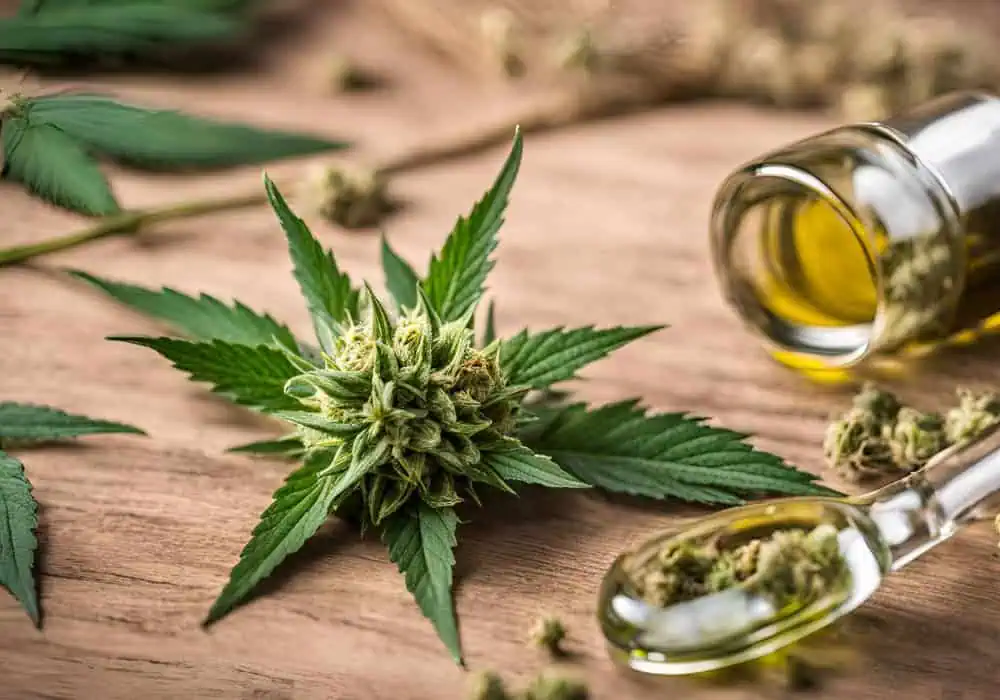


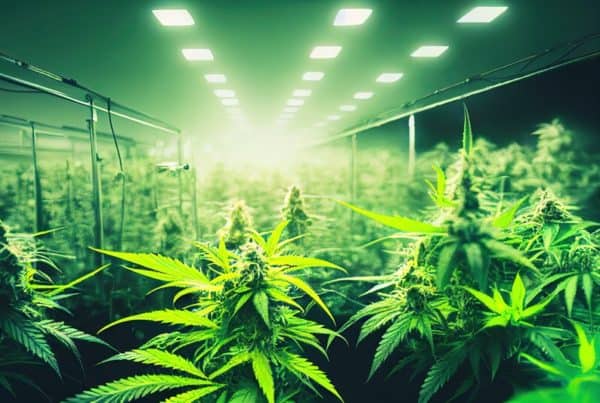
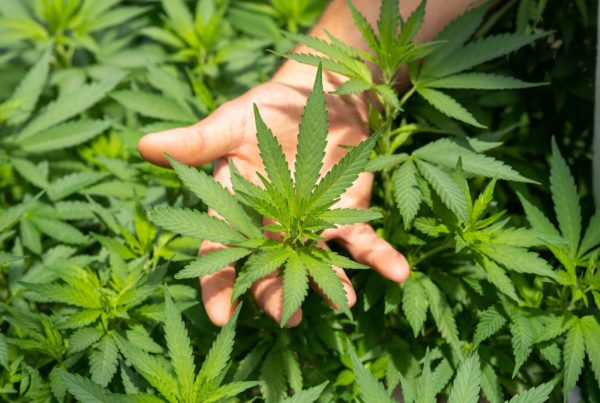
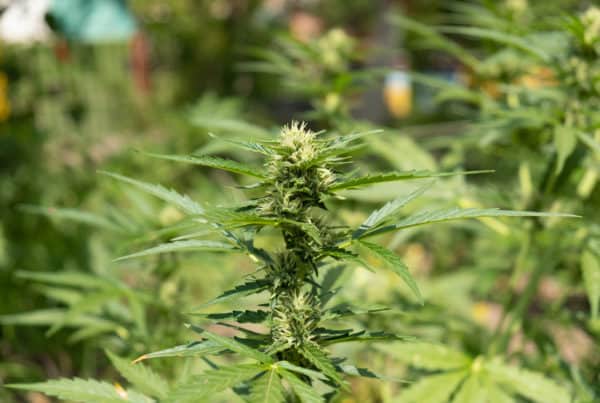



 Jeff was involved in an accident where he endured a traumatic brain injury. He had a week-long stay in ICU where brain surgeons
Jeff was involved in an accident where he endured a traumatic brain injury. He had a week-long stay in ICU where brain surgeons  100% risk free money back guarantee within 48 hours after purchase if student has not completed any of the courses or exams.
100% risk free money back guarantee within 48 hours after purchase if student has not completed any of the courses or exams.